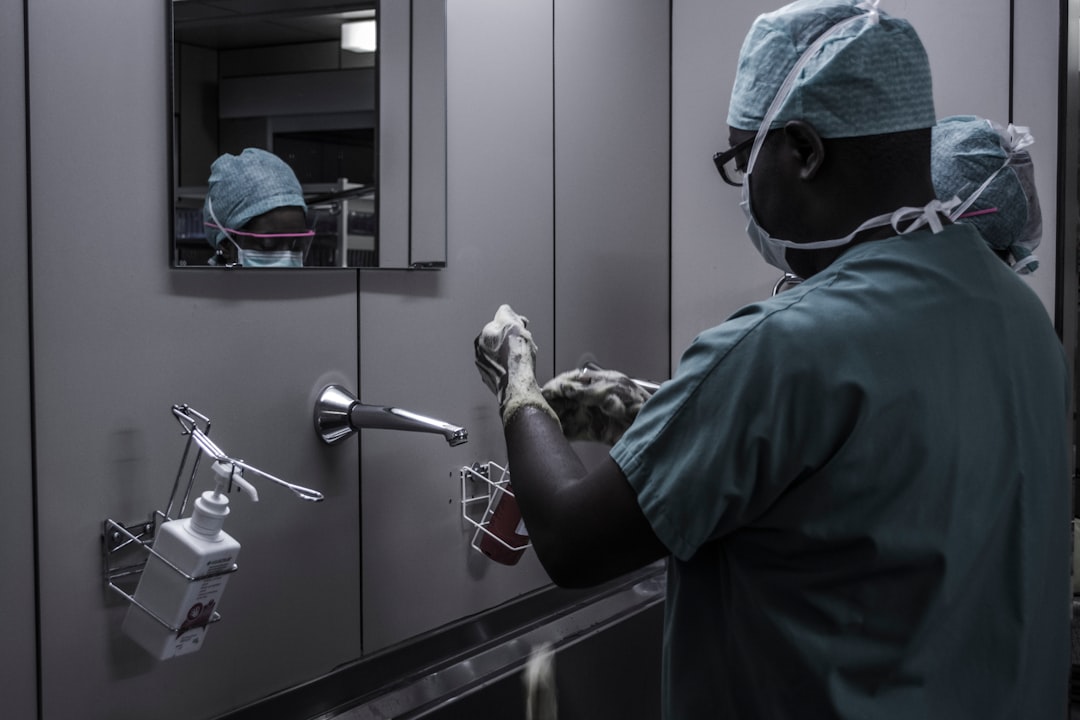Table of Contents
As we navigate through the 21st century, the integration of artificial intelligence (AI) into various aspects of our lives has become evident, and the education sector is no exception. More specifically, the utilization of AI in the medical and health education disciplines has been transformative. One area where AI has been considerably influential is in the realm of test preparation.
In a field as complex and nuanced as medicine, teaching, learning, and assessments undoubtedly require innovative measures to keep up with the rapid advancements. It is here that AI comes in, offering flexible, efficient, and engaging methods to transform medicine and health test preparation. This blog discusses how AI improves test preparation for medical and health students and the potential benefits and challenges it presents.
AI and Test Preparation
Part of what makes AI so instrumental in test preparations is its ability to adapt to a student’s learning style. For instance, AI-powered platforms can categorize questions based on their difficulty level, enabling a student to customize their learning journey and improve their weak areas. Similarly, AI algorithms can analyze a student’s performance and suggest specific areas in the test where they should concentrate their study efforts.
Such platforms also offer tutors and educators powerful tools to track their students' progress. They can leverage the online platform for teachers to obtain analytical data on their students' performance, thus helping them devise effective, personalized learning strategies. Moreover, these platforms can alleviate the pressure on teachers by providing automated grading solutions, significantly reducing the time spent on these tasks.
The AI Revolution in Health and Medical Studies
Simulation and Virtual Reality: Numerous leading-edge AI applications are making a significant impact in the health and medical field, particularly in simulation and virtual reality (VR). These tools are capable of providing realistic, risk-free environments for students to practice different health procedures, intervals, or events that they could encounter in the real world.
This approach helps students to prepare effectively for exams as they will have practically performed the procedures, making them better equipped for theory and practical exams. Several studies, such as the one documented on NCBI, endorse the effectiveness of simulation-based medical education.
AI-Powered Assessment Tools: AI technologies like natural language processing (NLP) and machine learning algorithms are increasingly being used to develop intelligent assessment tools in medical education. These tools can test students in various ways, including quizzes, multiple-choice questions, and even interactive case scenarios.
The systems are programmed to evaluate students based on established marking schemes and criteria, ensuring unbiased and accurate results. They also provide instantaneous feedback, which is vital for students preparing for exams as it aids them in identifying their mistakes and rectifying them promptly.
Personalized Learning: Another significant benefit of AI-driven platforms is personalized learning. Each student has a unique learning style, and unfortunately, traditional teaching methods do not cater to this diversity. However, AI platforms can analyze a student's interaction with the system and adapt to their learning style, enabling customized learning paths and improving outcomes.
Potential Challenges and Solutions
Despite AI's numerous benefits, it does pose certain challenges in medical and health test preparations. The AI learning system’s capabilities largely depend on the accuracy and richness of the data. This implies that any misleading, incomplete, or incorrect entry can lead to inaccurate analysis or recommendations.
Personal data protection is also a concern for many individuals and institutions. Therefore, it is crucial for AI education tools providers to assure their users of their data safety and only use data to improve learning and testing experiences.
Moreover, a significant barrier in adopting AI in education is the reluctance and skepticism of some educators and students. They might feel overwhelmed by the advanced technology and fear it could replace their roles altogether.
However, it is essential to note that AI enhances and not replaces the role of a human teacher. Its objective is to automate administrative tasks, provide personalized learning environments, and help students improve their performance. Education providers must focus on training educators and students about these systems and highlighting their benefits to overcome this reluctance.
The Future of AI in Medical Education
AI’s potential to transform the medical education landscape is immense. Its application could extend beyond supporting studying and test prepping to aid in performing routine healthcare tasks, analyzing patients’ symptoms, and suggesting treatment plans. Making the AI learning model more transparent and allowing users to understand its operation can also build confidence in this technology.
There is no doubt that AI has and will continue to revolutionize medical education – reducing education gaps, increasing access to knowledge, and improving patient care. As the medical field embraces AI, we will witness further integration of AI tools in the education sector and novel approaches to teaching and learning, particularly in medicine and health test preparation.








